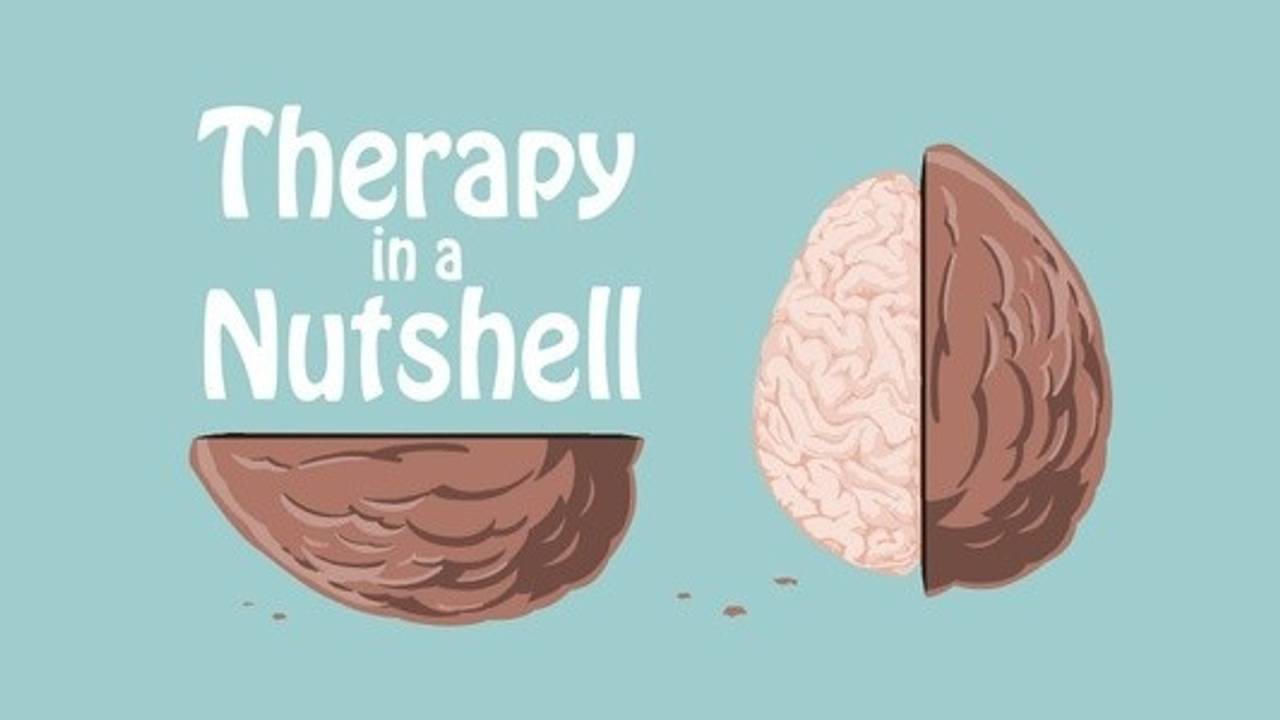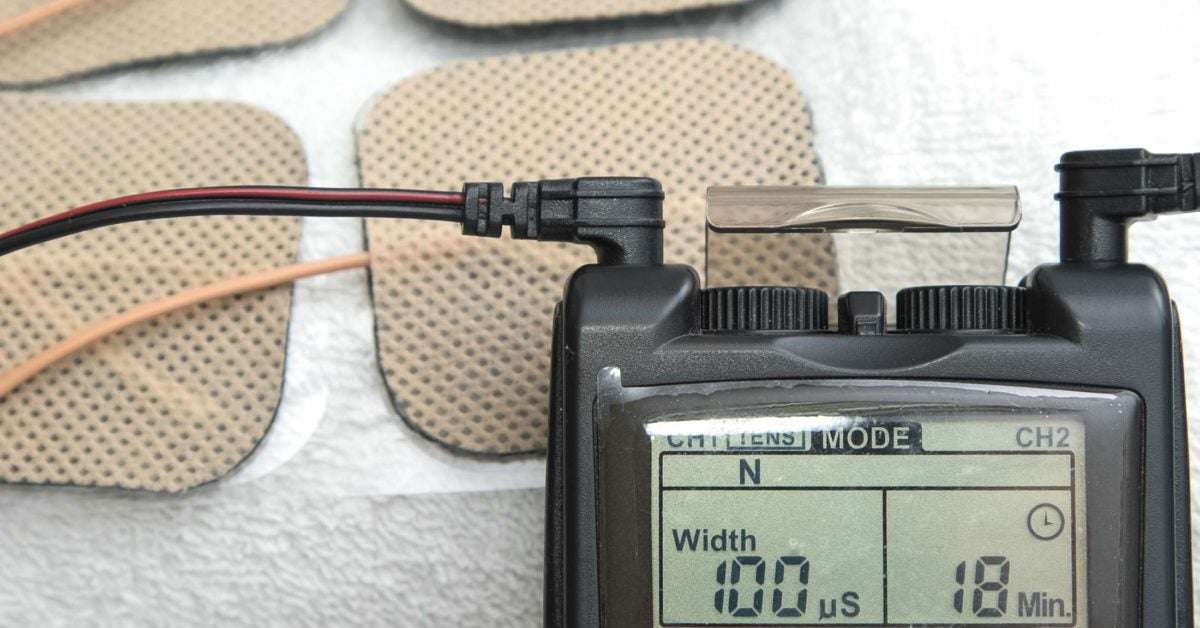“I would just like to thank you for your amazing content and online courses. Thanks to your help I am no longer homebound by crippling panic and anxiety. I went out today into a busy town and was happy, I feel safe and liberated. I have shared all my progress with my doctor and she is ecstatic about my progress and will be recommending your courses to other patients struggling with mental health. I am medication free and happy for the first time in my life. The changes are long lasting and I now can get myself out of a low without going further down the rabbit hole.”
Hi there, I’m Emma McAdam!
I’m a licensed Marriage and Family Therapist. And I have walked with thousands of people as they go through the process of changing their lives. Because I’ve seen so many people do it, I am absolutely confident that your brain is wired to change and deep healing is possible for you.
I know that understanding mental health can be confusing and stressful. Most people have never been taught the essential skills to work through emotions and all the resources that you can access to start healing.
My mission is to make mental health skills more accessible through YouTube videos and online courses. Therapy in a Nutshell is built around the idea that small and simple steps can turn into massive change and growth. I don’t just help people get feeling better, I help people get better at feeling.
I’ve been working in the field of change and growth since 2004. I received my Master’s degree in Marriage and Family Therapy from Utah State University, and I’m currently licensed in the state of Utah.
Sign up for my Free Anxiety Course
Learn more about grief in this mini-course: https://courses.therapyinanutshell.com/grief/?utm_medium=YTDescription&utm_source=Podcast
“Grief is unpredictable, and it will go wherever it finds an outlet. If it can’t be expressed emotionally, it may find expression in the body.” (136)
Grief, like all emotions, isn’t just in your head; it shows up in your body in remarkable ways. But most people have never been taught what is common in the grieving process and how grief does show up in your body, and this can leave some people feeling stuck, spiraling through endless grief and pain. Grief has many physical symptoms. When you learn the physical symptoms of grief, you can be more equipped to address it and work through the process of grief and loss. In this video we’ll learn from grief expert Dr. Dorothy Holinger the author of The Anatomy of Grief, how grief shows up in the body and what we can do to work through it. Grief does not have a concrete number of stages of grief. But, when you learn about the physical symptoms you can gain more awareness of your body and be more accepting of those symptoms of grief and loss. I recently recorded an interview with Dorothy about how grief impacts the body, but unfortunately some of the video files got corrupted, so I’m summarizing our conversation here. The full length interview is on my podcast. https://tinpodcast.podbean.com/e/how-grief-shows-up-in-the-body/ I’m not going to pretend that grief is some easy thing that can or should be fixed, but there are some things you can do that can help your heart and body work through the suffering.
00:00 Introduction 01:03 All Courses 40% off 02:02 How grief impacts the brain 02:46 How grief affects the heart 03:56 Grief tears 04:48 decreased pleasure after a loss 05:01 Loss of appetite after a loss and difficulty sleepin 05:25 weakened immune system while grieving 05:40 headaches and body aches during grieving 05:56 other somatic changes with grief 07:05 When you’re not allowed to mourn 07:44 How to deal with grief
Looking for affordable online counseling? My sponsor, BetterHelp, connects you to a licensed professional from the comfort of your own home. Try it now for 10% off your first month: https://betterhelp.com/therapyinanutshell Learn more in one of my in-depth mental health courses: https://courses.therapyinanutshell.com/?utm_medium=YTDescription&utm_source=Podcast
Support my mission on Patreon: https://www.patreon.com/therapyinanutshell
Sign up for my newsletter: https://www.therapyinanutshell.com?utm_medium=YTDescription&utm_source=Podcast
Check out my favorite self-help books: https://kit.co/TherapyinaNutshell/best-self-help-books
Therapy in a Nutshell and the information provided by Emma McAdam are solely intended for informational and entertainment purposes and are not a substitute for advice, diagnosis, or treatment regarding medical or mental health conditions. Although Emma McAdam is a licensed marriage and family therapist, the views expressed on this site or any related content should not be taken for medical or psychiatric advice. Always consult your physician before making any decisions related to your physical or mental health. In therapy I use a combination of Acceptance and Commitment Therapy, Systems Theory, positive psychology, and a bio-psycho-social approach to treating mental illness and other challenges we all face in life. The ideas from my videos are frequently adapted from multiple sources. Many of them come from Acceptance and Commitment Therapy, especially the work of Steven Hayes, Jason Luoma, and Russ Harris. The sections on stress and the mind-body connection derive from the work of Stephen Porges (the Polyvagal theory), Peter Levine (Somatic Experiencing) Francine Shapiro (EMDR), and Bessel Van Der Kolk. I also rely heavily on the work of the Arbinger institute for my overall understanding of our ability to choose our life’s direction.
And deeper than all of that, the Gospel of Jesus Christ ori



